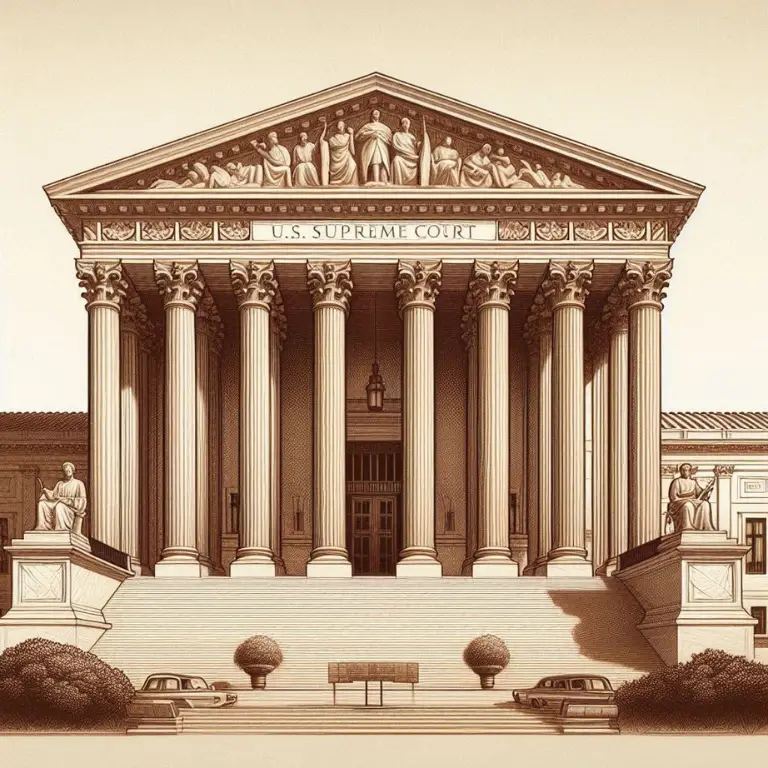Homelessness represents one of the most severe economic hardships faced by a very small percentage of Americans. Each year, approximately 650,000 people in the U.S. experience homelessness, accounting for about 0.2% of the population.
Notably, about half of these individuals manage to find accommodation within the year.
Despite its rarity, homelessness remains a devastating condition, closely linked to poverty and early mortality.
There is a 60% increase in mortality associated with homelessness. Interestingly, nearly half of the homeless population maintains formal employment during the periods they lack shelter.
Homelessness often arises from prolonged economic deprivation rather than sudden income loss, with low incomes leaving individuals highly vulnerable to losing their homes due to minor economic disruptions.
Research indicates that mental illness, including addictions to drugs and alcohol, significantly contributes to homelessness.
Over 70% of the homeless population suffers from some form of mental illness.
This underscores a critical point: homelessness is primarily a public health issue, not merely an economic one.
State and local governments face significant challenges in addressing homelessness. California, despite its substantial wealth, is home to 30% of the nation’s homeless population.
The state spends approximately $50,000 annually on each homeless person, a substantial sum even considering the high shelter costs in cities like San Francisco, where the median rent for a one-bedroom apartment exceeds $1,300 per month.
The U.S. Supreme Court recently heard oral arguments in a case concerning the authority of local governments to regulate homeless encampments. The case, City of Grants Pass v. Gloria Johnson, centers on “whether the enforcement of generally applicable laws regulating camping on public property constitutes ‘cruel and unusual punishment’ prohibited by the Eighth Amendment.”
Defendants argue that Grants Pass cannot prohibit homeless encampments because homelessness is a state of being, a “status,” similar to addiction.
This argument draws parallels to the 1962 case Robinson v. California, where the Supreme Court ruled that “it is unconstitutional for a state to punish a defendant for drug addiction, which is a status rather than an act, when the defendant has not engaged in any illegal conduct involving drugs in the state.”
In other words, a person could not be punished for being addicted to drugs.
However, in the case of Grants Pass, the city is not punishing homelessness itself but attempting to manage homeless encampments for the sake of public health and safety. Homeless encampments pose significant health hazards and are public nuisances, akin to factories emitting toxic chemicals. Just as no one would argue against regulating a factory producing carcinogenic substances, it is reasonable to regulate homeless encampments due to their associations with drug addiction, crime, and increased health risks.
Local governments have a duty and a right to protect their citizens. They already possess sufficient funds to address homelessness and mental health issues.
Under the U.S. federal system, local governments have the autonomy to allocate resources as they see fit. There is no constitutional right to shelter, and the Supreme Court is unlikely to establish a new economic entitlement.
While homelessness is a complex issue intertwined with mental health and economic instability, it remains a public health crisis requiring thoughtful and effective governmental intervention.
Stay tuned to the Silent Majority Report.


If we would stop sending billions of dollars to Ukraine, we could probably help our poor and homeless first!
the government will continue to throw money at useless efforts. in my opinion, the answer to poverty and homelessness is a strong local societal fabric.